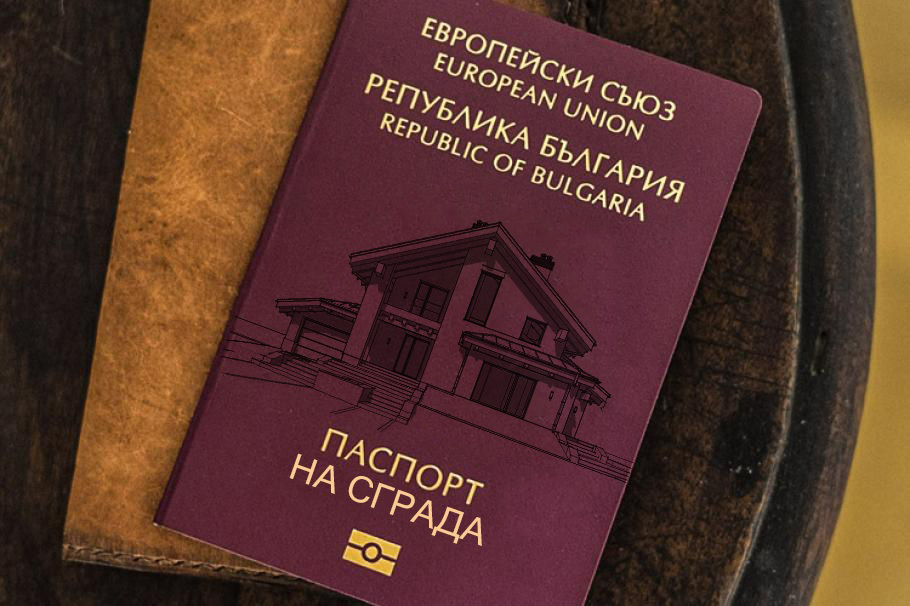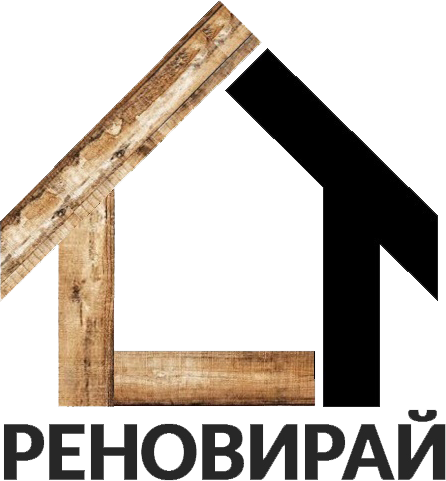Technical passport of a building
The main goal of the passportization of existing buildings is their safe operation throughout their life cycle. A building passport is also a necessary document when applying for a number of national funding programs. Before the start of any reconstruction, it is mandatory to conduct a survey of the structure, and the results to be reflected in the form of a technical passport for the site. The passport covers the entire building and is accompanied by activities for a partial survey of the structure. It is not permissible to prepare a passport for a separate floor or part of the building.
What does a building passport contain?
Most generally, the documents included in the passport provide clarity regarding the condition and reliability of the structure and the necessary measures for its maintenance and safe operation in the future. An energy efficiency report for the building is also attached to the technical passport. The first chapter of the passport contains basic characteristics of the property such as identification data and parameters – type of construction, purpose, construction category, year of construction, structural system, data on past reconstructions, available documentation, and others. The second chapter includes key spatial planning and functional indicators, structural elements, as well as installation and technological provisions. At this stage of the passportization, an architectural survey of the building may be required – in plan and elevations. The conclusion is the final chapter of the passport, in which all measures for maintaining the building in good condition are described in detail. Deadlines for necessary repairs and control monitoring are also provided.

Which buildings need certification and where is the activity regulated?
The technical passport is prepared for all completed new buildings before they are put into operation, as well as for existing buildings. Exceptions include supplementary construction, temporary structures, buildings considered illegal under the meaning of Art. 225, para. 2 of the Spatial Development Act (SDA), as well as those without permanent development status.
For existing buildings, a technical passport is prepared only after a survey has been conducted to determine their technical characteristics in accordance with the requirements of Art. 169, paras. 1, 2, and 3 of the SDA.
The preparation of a technical passport is regulated by Art. 176a of the Spatial Development Act (SDA) and Ordinance No. 5 of 2006 on the Technical Passports of Buildings. These define the scope and content of technical passports for buildings.
What is the price for a building passport?
The price for preparing a technical passport varies depending on the size and complexity of the building, the available information and future construction intentions. Another factor that can significantly increase the price of the passport is the discrepancy between the available construction documentation and what was actually completed during construction. In such a case, architectural and structural surveying is required. The price for architectural surveying varies from 1.5 BGN to 3 BGN per square meter, depending on the size of the project and its complexity. As of 2021, the price for passporting a building is from 3 to 6 BGN per square meter of built-up area. The terms for preparing a passport are wide, starting from 25 working days. If construction documents need to be restored, depending on the specifics of the site, this period can reach 40 working days.
How to reduce the price?
When determining the price for a passport, the available construction documentation for the building is of crucial importance. For constructions of the 5th category, it is most often found in the archives of regional municipalities. For higher categories, such archives are kept in the regional departments. For the Sofia Municipality, this is the Department of Architecture and Urban Planning. Nevertheless, the quality preparation of the passport, the final conclusions and recommendations in it can save significant future costs and headaches in maintaining the building. In some cases, the information in the passport can be decisive for the lifespan of a building. Too cheap and fictitious performance of the survey and compilation of this document pose risks to the health of the building and its safety.
For specific inquiries, please contact us.
